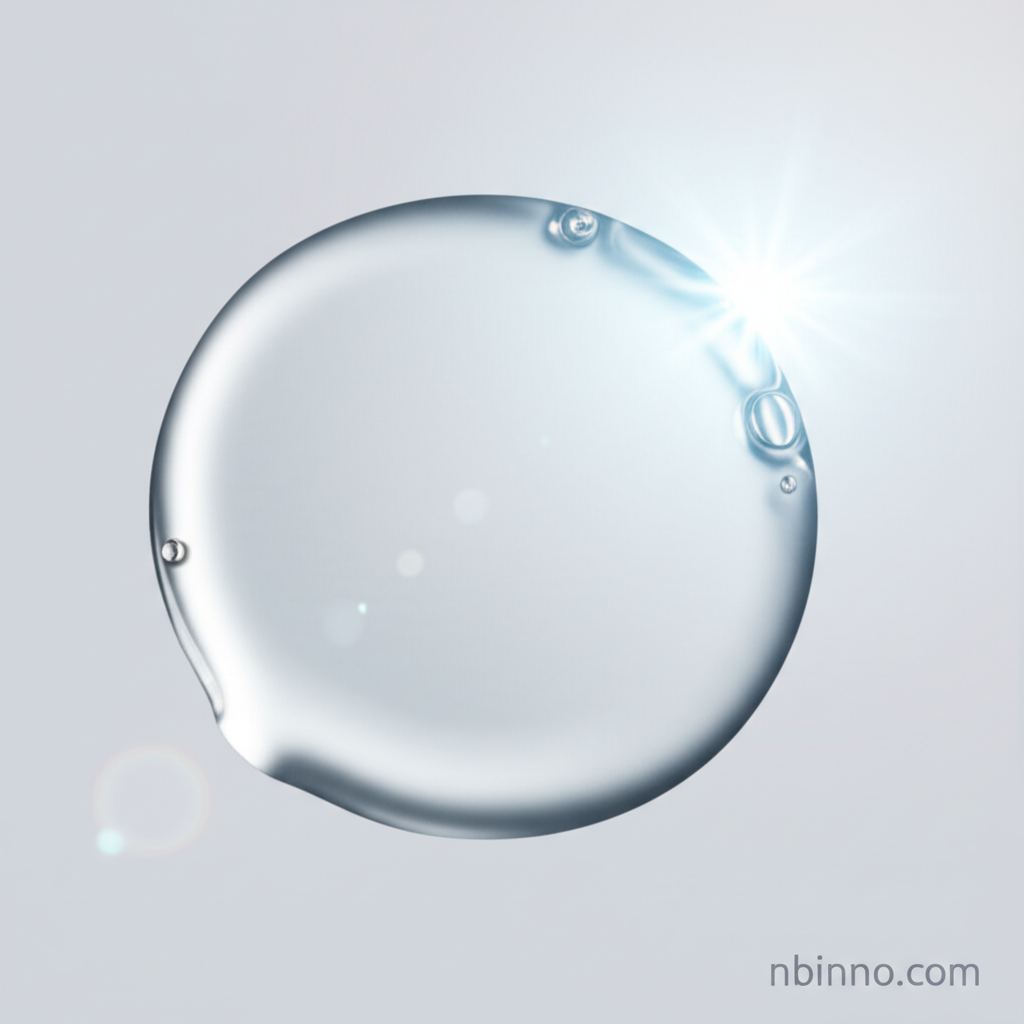Neopentyl Glycol Diglycidyl Ether: Enhancing Epoxy Resin Performance
Discover how this versatile reactive diluent improves viscosity, flexibility, and application in epoxy systems.
Get a Quote & SampleProduct Core Value

Neopentyl Glycol Diglycidyl Ether
Neopentyl Glycol Diglycidyl Ether (NPGDGE) is a crucial reactive diluent renowned for its ability to significantly reduce the viscosity of epoxy resins. This reduction in viscosity enhances the processability and handling of epoxy formulations, making them more user-friendly for a wide array of applications. Its unique chemical structure contributes to improved wetting characteristics and facilitates air release, leading to smoother, more homogenous cured products.
- Explore the benefits of using a neopentyl glycol diglycidyl ether reactive diluent for epoxy resins, which helps achieve lower processing temperatures.
- Understand how this diglycidyl ether of neopentyl glycol can act as an effective epoxy modifier for low viscosity applications in paints and coatings.
- Learn about the diverse neopentyl glycol diglycidyl ether applications, from composites to electrical potting, enhancing material properties.
- Discover the advantages of neopentyl glycol diglycidyl ether uses as an epoxy resin flexibilizer, improving the impact resistance of cured systems.
Key Advantages
Viscosity Reduction
As a leading reactive diluent, it effectively lowers the viscosity of epoxy systems, making them easier to handle and process for various industrial needs.
Enhanced Flexibility
Utilizing this aliphatic reactive diluent for coatings can impart improved flexibility to the cured epoxy matrix, leading to better performance in demanding environments.
Improved Application Properties
The use of neopentyl glycol diglycidyl ether in solvent-free epoxy coating additives ensures excellent wetting and smooth surface finishes.
Key Applications
Composite Materials
Leverage the benefits of neopentyl glycol diglycidyl ether in composite materials to achieve superior mechanical properties and easier fabrication.
Protective Coatings
This chemical auxiliary agent is ideal for formulating high-performance coatings, offering excellent chemical resistance and durability.
Adhesives and Sealants
Its use as a reactive diluent in adhesives and sealants improves bond strength and overall system performance.
Electrical Potting
The excellent electrical insulation properties make it a preferred choice for electrical potting applications, ensuring component protection.
